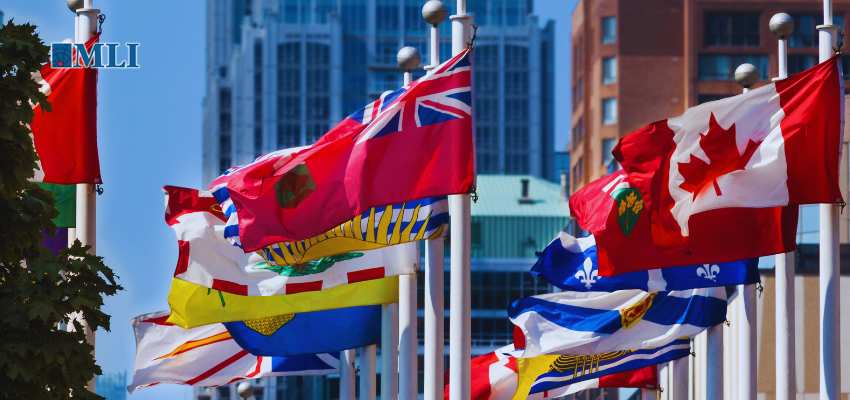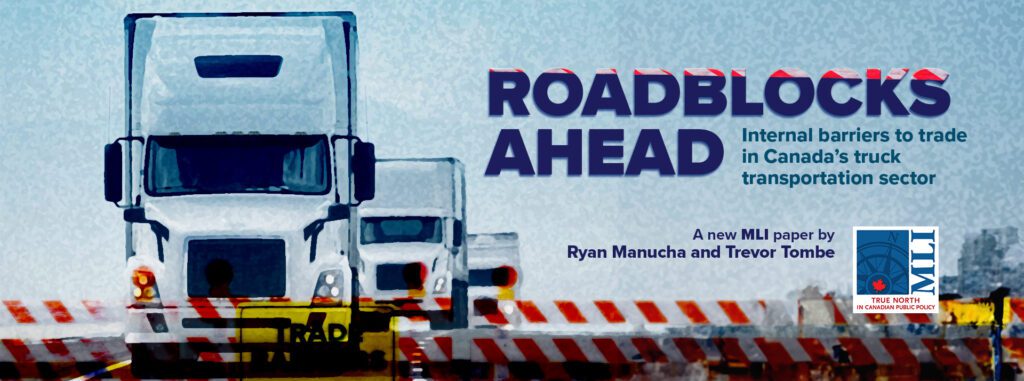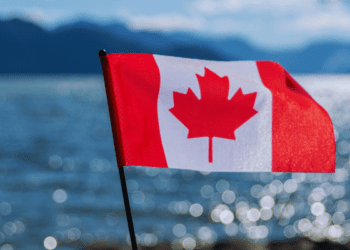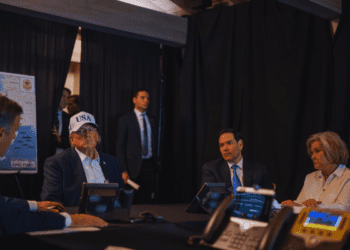This article originally appeared in The Hub.
By Trevor Tombe, February 20, 2025
Trade disruptions with the U.S. and rising uncertainty in the Canadian economy make it more important than ever to reduce barriers to doing business within our own borders. Yet provinces continue to impose costly, unnecessary restrictions on the free movement of goods, services, investment, and people. The leader of the Opposition has put forward a plan to change this—offering additional federal transfers (a “free trade bonus”) to provinces that take steps to eliminate these barriers, with funding tied to the resulting productivity gains.
It’s a clever idea, but it comes with financial and practical challenges.
A more aggressive alternative would be to make existing federal transfers conditional on action—forcing provinces to enact reforms or risk losing funding. This approach would cost the federal government nothing and could be more effective in breaking the political inertia that has stalled progress for years.
The problem: The cost of doing business across borders
The core issue is the cost of doing business across provincial borders. Companies operating in multiple provinces face different regulations, standards, and licensing requirements depending on where they are. These inconsistencies create extra costs.
For consumers, this means higher prices and fewer choices. If a product is allowed in one province but not another due to something as trivial as packaging rules, companies may choose not to sell there at all. Given Canada’s relatively small market size, the fixed costs of meeting different regulatory requirements can prevent even the most successful businesses from growing to serve the entire country.
The lack of political will
Provincial premiers often acknowledge the problem but rarely take action. Many claim that only broad national agreements can solve it, insisting that harmonizing rules across all provinces is the way forward. In reality, a much simpler solution exists: mutual recognition.
If provinces accepted each other’s regulations, standards, and certifications as valid substitutes for their own, businesses and workers could move and operate freely. There is nothing stopping provinces from doing this today. In the United States, most states have Universal Licensing Recognition, allowing professionals to carry their credentials across state lines. Canada does the opposite, making it difficult for workers to relocate and work in another province without expensive and time-consuming recertification. Provinces could follow the U.S. model—or go even further by reducing or eliminating unnecessary licensing bodies altogether.
The challenge of Poilievre’s plan
Poilievre’s proposal to reward provinces with federal transfers is appealing—but it has drawbacks.
The first is cost. The federal budget is already stretched, and Poilievre has committed to fixing it. Offering billions more to provinces means cuts elsewhere or higher taxes. Military spending, support for seniors, and debt servicing costs are all set to rise in the coming years, and additional transfers would only add to this financial pressure.
The second challenge is measurement. While the economic benefits of a more unified Canadian market are clear, quantifying them in real-time is difficult. Linking billions of federal dollars to economic models—however sophisticated—would be controversial, much like the equalization program, which some criticize as overly complex and opaque.
A more aggressive approach
There’s another way to push provinces toward mutual recognition—one that wouldn’t cost the federal government a dime. Instead of offering financial incentives, Ottawa could make existing federal transfers conditional on action.
The federal government already controls major funding streams, such as health and social transfers, labour market agreements, and equalization payments. By tying these funds to internal trade reforms, Ottawa could compel provinces to act. This approach has historical precedent. After the Second World War, the federal government withheld transfers from provinces that refused to integrate their income tax systems. Ontario resisted but eventually complied. Quebec held out for a decade before reaching a compromise. As a result, Canada has a relatively harmonized tax system today.
The same principle could apply to internal trade. Health transfers could be tied to the full recognition of health professional credentials across provinces. Social transfers, which help fund education and training, could require recognition of professional licenses. Infrastructure funding could be contingent on aligning trucking and transportation regulations. Any new federal transfers could come with conditions that demand broader mutual recognition across multiple sectors.
For an even bolder move, Ottawa could consolidate all existing federal transfers into a single “Canada Grant” and withhold it from provinces that refuse to eliminate barriers to internal trade.
This approach would be radical and likely unrealistic in its most extreme form. But even a partial withholding of federal funds could push provinces to make at least basic reforms, such as credential recognition.
Most provincial governments don’t focus on Canada’s overall economic health—that’s not their job. But their decisions affect the entire country. The federal government has the power, at no additional cost, to ensure that when provincial policies harm the national economy, they also carry financial consequences for the provinces themselves.







